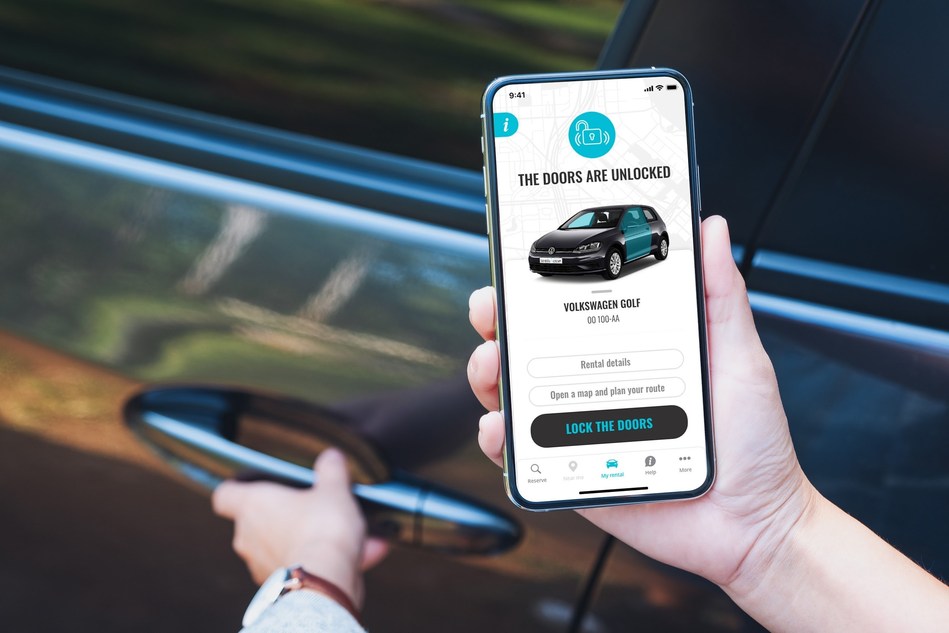A traditional key fob is a small electronic device that enables access to the car and allows control over some of its functionalities without a physical key. As an accessory that accompanies the physical car key, it plays a crucial role as a transmitter in a remote keyless system (RKS).
How Does It Work?
Most car key fobs use radio signals to communicate with the car’s locking system and perform various functions. When you press a button on the key fob, it sends a radio signal with a code. The signal is transmitted to a receiver in the car, typically located close to the vehicle’s locking system. The receiver in the car detects and interprets the code from the key fob, allowing it to perform the requested action, such as locking or unlocking the doors. Depending on the car’s capabilities, it may also control additional functions, such as activating the car’s panic alarm system or disarming and arming the vehicle security system.
Is It Secure?
Both the receiver and the transmitter have to be paired using a secure code during the programming process. This means that each key fob is uniquely programmed to work with a specific car’s receiver. As a result, no other key fob will work with your car.
When you press a button on the key fob, the signal is sent to the car’s receiver. To make it harder to intercept and decipher the communication, the signal between the fob and the car’s receiver is encrypted in such a way that unauthorised individuals cannot easily intercept or replicate it.
Added Layer of Security
Key fobs also use rolling codes (also know as hopping codes) to prevent signal cloning and hacking attempts. Each time you press a button, the key fob and the car’s receiver generate a new and unique code. This feature prevents replay attacks, where attackers try to record and replay the same signal to gain access to the vehicle. Once a rolling code is used, it becomes invalid, and a new one is generated for the next time. This constantly changing code sequence makes it extremely challenging for attackers to clone or replicate the signals successfully.
Immobiliser
The key fob usually also integrates the immobiliser technology to prevent the engine from starting unless the correct key or key fob is present. The transponder chip required for the immobiliser to function is housed within the key fob itself. When you insert the key or bring the key fob near the ignition, the vehicle’s immobiliser system reads the unique code from the transponder. If the code is wrong or missing, the car will not start.
Some of the largest key fob manufacturers of key fobs include Continental, Aptiv and Mitsubishi Electric Corporation
Synonym(s):
- Remote


